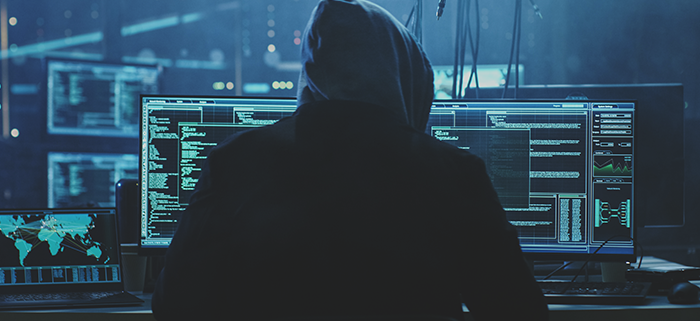One Password to Rule them All? Better think Again.
It’s Thursday afternoon and you’re browsing the internet. You stumble on a new website, maybe it’s a clothing store, maybe it’s a new social media website. Whatever it is, the site wants you to make a new user name and password. So what do you do? If you’re like most people you want to make sure you remember the password since you have about a thousand other ones to remember as well. You think to yourself, “I’ll just use the same one that I’ve been using, it will make things easier.” We hate to break it to you, but this scenario is a hacker’s dream situation. Because once they get one password, they get them all!
We may be in February, but it’s not too late to make one small, but crucial resolution. Switch up those passwords! Over 50% of people use the same password for all their logins. This statistic is shocking and it’s only a matter of time before a hacker comes around and starts snooping and guessing someone’s password. Unfortunately, it’s really not that hard considering “123456” is the most common password in the entire world.
But why should you do this? Why change up your passwords to keep them new and fresh? Are hackers really looking to break into your Instagram so they can have all your followers? I think it is a safe bet that they aren’t needing followers, but they do want your money and other personal information to use for their benefit. You see, hackers get your password by harvesting them. What’s harvesting? Password harvesting, or credential harvesting, is the process of gathering valid usernames, passwords, private emails, and email addresses through infrastructure breaches. The possible motivations for such a breach are many: the hackers could sell delicate personal and financial data on the dark web; gain access to a company network for purposes of corporate espionage and steal IP or other assets, or use the data to embezzle money.
So how do you stop this before it even happens? How can we secure our passwords in order to make sure those pesky hackers don’t get to us? Here are three easy guidelines to keep in mind when making passwords.
1. Make a unique password for each account.
Just like how we should keep our personal lives and work separate, we should especially keep our passwords unique and individualized when it comes to work and personal life as well.
2. Do not use personal information in your passwords.
With technology today there really isn’t such a thing as “personal information”. You would be surprised with just a few pieces of information a hacker can pull up home addresses, social security information, what state you lived in when you were a kid, and so much more. A couple of guesses and someone could easily crack your “personal” password.
3. Use a password manager.
A password manager is safe and secure. What makes it safer? Password managers protect the data they store through what’s known as encryption. This entire process scrambles data so that it’s tougher for hackers to access your personal information.
So there you have, just a few simple guidelines to better protect you and your information.
But don’t take it from us, check out this catchy short video from our security-minded friends at Sophos.


